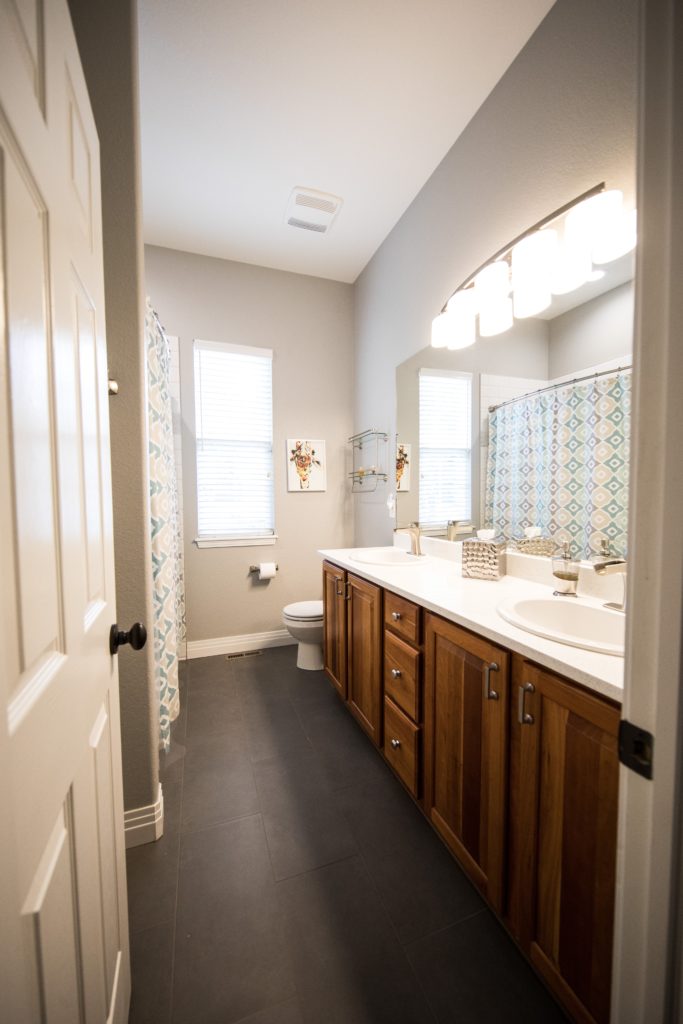Water Damage Prevention Tips
This year’s snowfall totals so far here in Durango have been relatively calm. Especially when you compare it to last years snow total! However, although we may not have as much snow or ice, your pipes are still at risk of bursting. The cost of cleaning and repairing a burst water pipe can run up to $4,500 per event. By taking a few minutes to protect your pipes, you can help to prevent costly repairs that accompany water damage caused by burst pipes.
Causes of Frozen Pipes
Most of the causes of frozen pipes boil down to a lack of preparation. Some winters may be mild, while other years we see near record-setting snow falls. Frozen pipes can occur in either condition though. When the temperature drops below freezing, it is important to ensure that steps have been taken to prevent costly repairs. When water in the pipes freezes, it causes the water to expand, leading to burst metal and plastic piping. A few causes of frozen pipes include poor or insufficient insulation, rapidly falling outdoor temperatures, and the indoor thermostat set too low to keep pipes running smoothly.
Prevention of Frozen Pipes and Water Damage
Although we are not able to control the weather yet, we can prevent the expensive repairs. Before the weather starts to cool down remove and drain outdoor garden hoses. This can help to prevent the expansion of water that comes with winter temperatures here in Colorado. You can also find outdoor faucet covers which can add an additional level of protection against water damage.
If your property has sprinklers, drain the supply lines. Inside, check the thermostat and keep it at a steady temperature so that the indoor temperature doesn’t drop too much. Maintaining indoor temperatures above 50 degrees can also be helpful when your rental property is vacant. If your rental property is not occupied, you can secure the water at the street level. Then, open the faucet that is furthest from the street supply point. This will help in ensuring that the pipes are empty, thus preventing a burst pipe and resulting water damage.

Steps Tenants Can Take to Prevent Frozen Pipes
If you operate a rental property, let your tenants know what is expected of them to prevent pipes from freezing. Some tips you can tell your tenants include opening the cabinet doors below the kitchen and bathroom sinks. If there is a specific faucet that is at risk of freezing, keep a small trickle of water running through. Your tenants should also keep the thermostats in the house at 50 degrees or warmer if they will be away from home for a few days.

What to Do If Your Pipes Freeze
In the event your pipes do freeze, it does not necessarily mean that they will burst. Frozen pipes, when thawed carefully, can prevent costly expenses down the line. If you suspect a kitchen or bathroom pipe is frozen, open the faucet. This helps to relieve the pressure that may have built up in the pipe. It is recommended that both the hot and cold water taps are open fully during the thawing process. Next, using a hairdryer or similar heating source, start at the faucet and work your way down as far as your access allows. Continue until the taps are running normally. In the event you are unable to thaw the pipe, it may be time to call a plumber.
Conclusion
As you can see, winters in Colorado can be unpredictable. While the cooler temperatures and snow are what draws some people to Durango, it also brings the potential for costly plumbing repairs. If you have a rental property in the area, it is wise to let your tenants know the steps they should take to prevent burst pipes due to freezing temperatures. If tenant contact is difficult, the professionals at The Property Manager can help to prevent water damage in your rental property.
References
Frozen Pipes in Apartments (prevention and remedies)
How to Prevent Frozen Pipes in the Home
How to Winterize Outdoor Faucets in 4 Easy Steps
Learn how much it costs to Repair Water Damage



